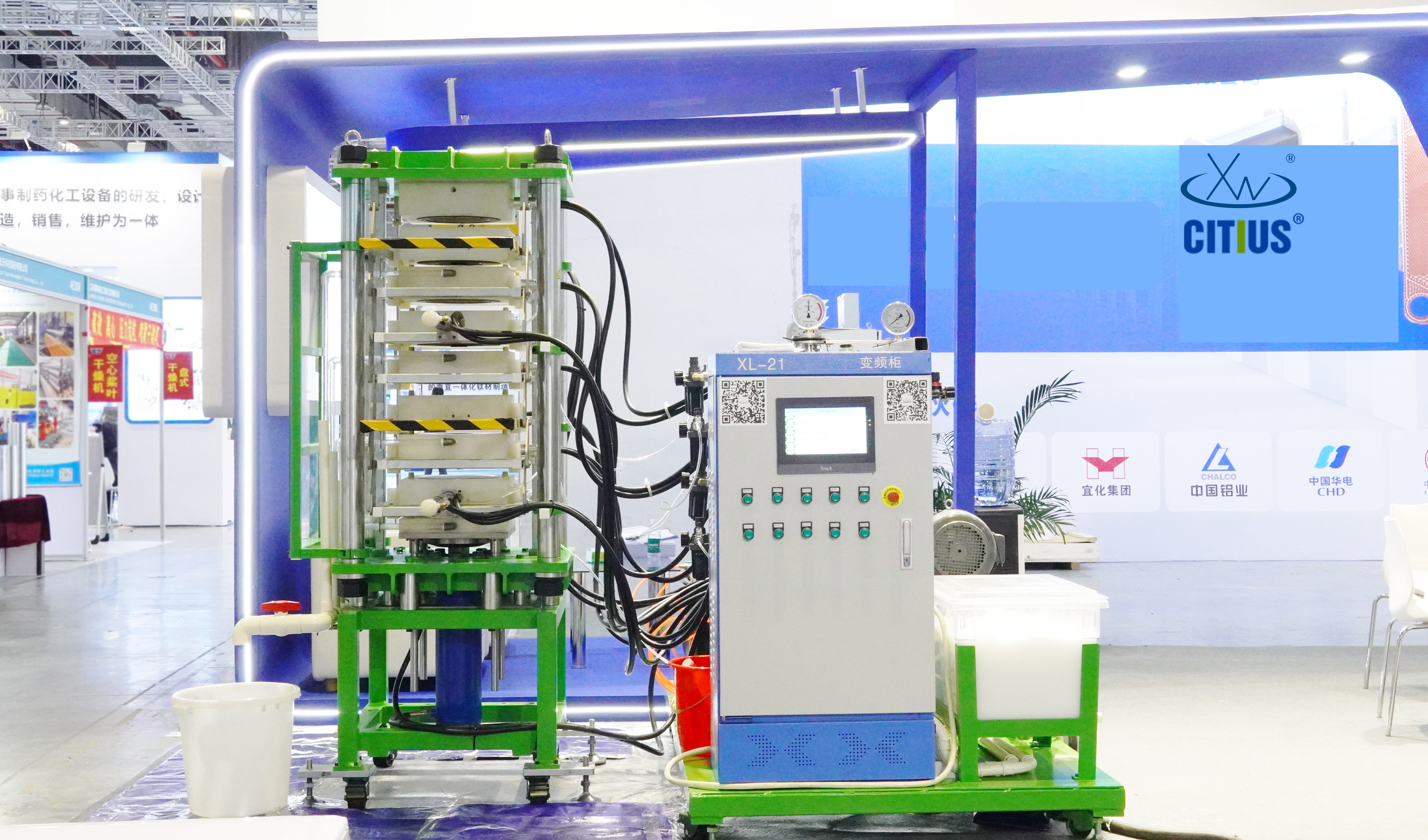Unlocking Industry Solutions with Filter Cloth: A Comprehensive Guide
Release time:
2025-07-04
The Unsung Hero of Filtration: Filter Cloth
When it comes to industrial processes, many components work behind the scenes, quietly ensuring everything runs smoothly. One such unsung hero is filter cloth. This material, often overlooked, is vital in separating solids from liquids in a variety of industries. So, let’s dive into the fascinating world of filter cloth and explore its myriad applications!
What is Filter Cloth?
Simply put, filter cloth is a permeable fabric designed to separate solid particles from liquids or gases. Made from various materials—think polyester, polypropylene, or even nylon—it serves as a barrier to filter out unwanted substances. You might be asking, "Why is this important?" Well, in many scenarios, the purity of the final product depends heavily on effective filtration. Without a good filter cloth, industries could face contamination issues, leading to subpar products.
Where is Filter Cloth Used?
Now that we've established what filter cloth is, let’s talk applications. You’d be surprised at just how many industries rely on this nifty material:
- Food and Beverage: In this industry, cleanliness is king. Filter cloth is used in various processes, from brewing beer to making juices, ensuring that no unwanted particles make their way into the final product.
- Chemical Processing: Chemicals often need to be filtered during production. Filter cloth helps remove impurities, making sure the end product is high-quality and safe for use.
- Water Treatment: Clean water is essential for life. Filter cloth plays a significant role in municipal water treatment plants, helping to ensure that our drinking water is free from contaminants.
- Pharmaceuticals: In this highly regulated industry, even the tiniest particle can cause big problems. Filter cloth is crucial for maintaining the purity of medicinal products.
Choosing the Right Filter Cloth
Alright, here comes the million-dollar question: how do you choose the right filter cloth for your specific needs? It might seem daunting, but fear not! Here are a few tips:
- Material: Consider what you’re filtering. Different materials offer different levels of resistance to chemicals and temperatures.
- Pore Size: The size of the pores will determine what particles can pass through. Make sure to match it with your filtration needs.
- Durability: Some processes can be harsh on filter cloth. Assess how long you need it to last and choose accordingly.
Innovative Solutions with Filter Cloth
Innovation is the name of the game! Many companies are now exploring advanced filtration technologies that incorporate filter cloth in exciting ways. For instance, some are developing self-cleaning filter cloths that can be reused multiple times, which is not only cost-effective but also environmentally friendly. Talk about a win-win!
The Environmental Impact
Speaking of the environment, filter cloth has a significant role in sustainability efforts. By improving filtration processes, industries can reduce waste and increase efficiency. Plus, with advancements like biodegradable filter cloths, the future looks bright for eco-conscious companies. So, if you’re in the market for a filtration solution, consider the environmental impact of your choices!
Final Thoughts
In conclusion, filter cloth may not be the flashiest component in the industrial toolbox, but its significance is undeniable. From food safety to environmental sustainability, this versatile material is a game-changer across various sectors. So, the next time you sip your coffee or fill your car with gas, remember: behind the scenes, filter cloth is hard at work, ensuring that what you consume is clean and safe. Cheers to that!

